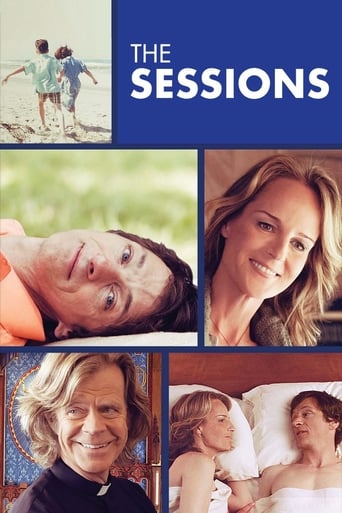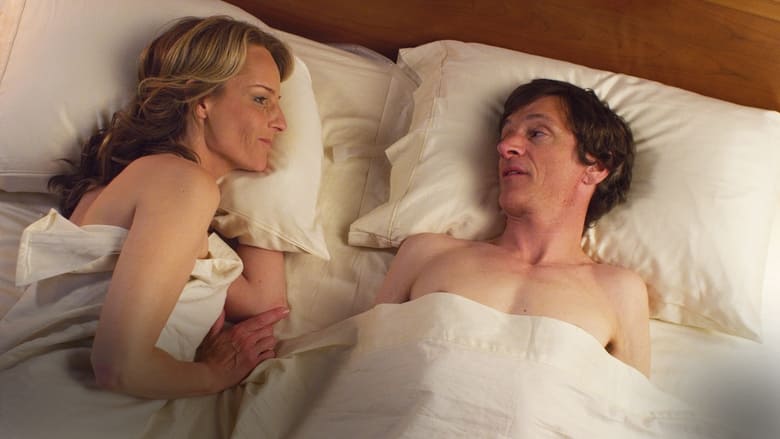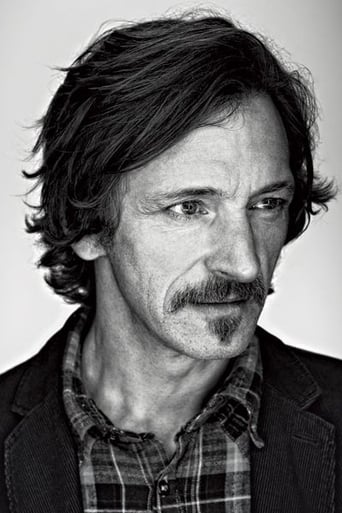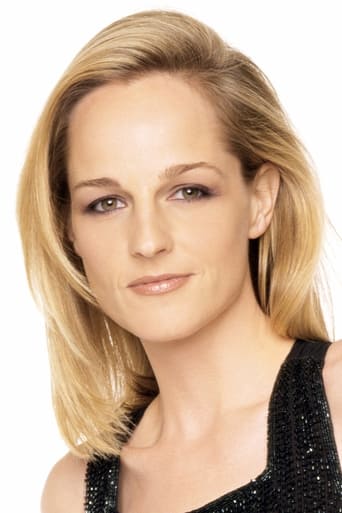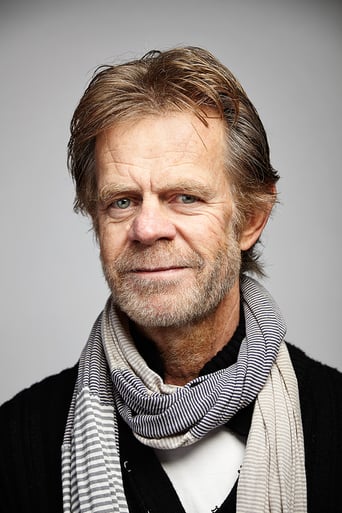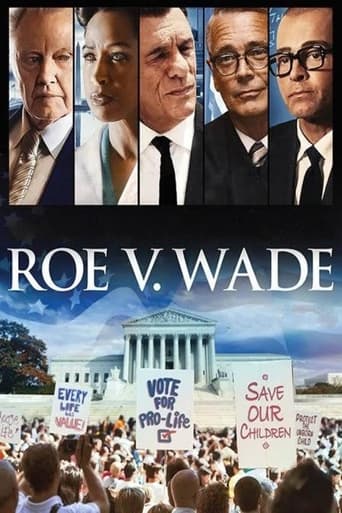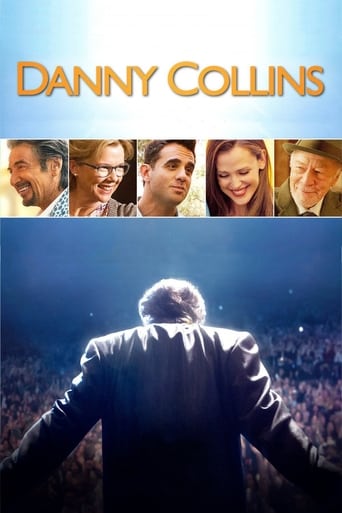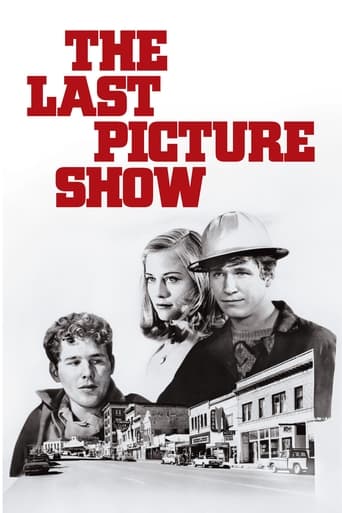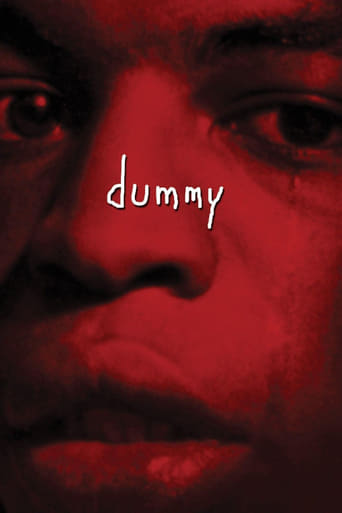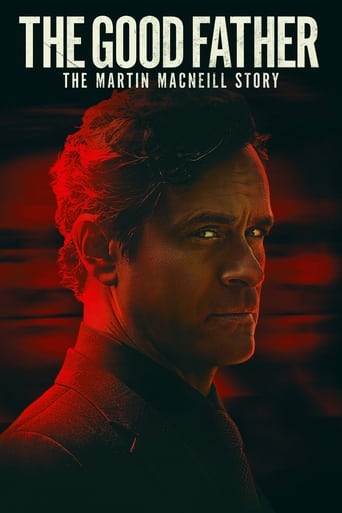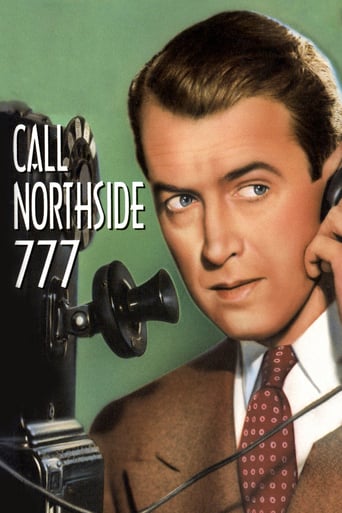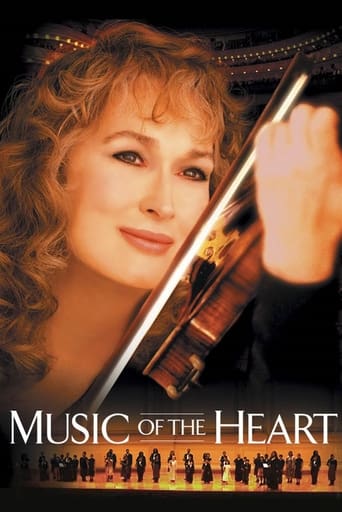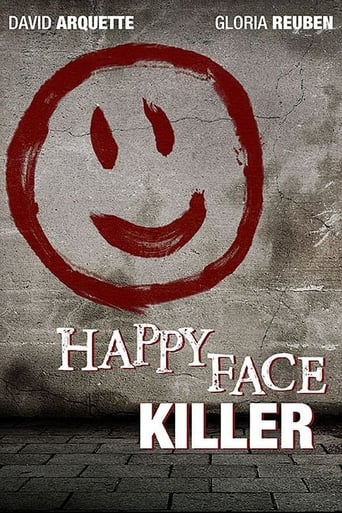The Sessions (2012)
Though a childhood bout with polio left him dependent on an iron lung, Mark O'Brien maintains a career as a journalist and poet. A writing assignment dealing with sex and the disabled piques Mark's curiosity, and he decides to investigate the possibility of experiencing sex himself. When his overtures toward a caregiver scare her away, he books an appointment with sex surrogate Cheryl Cohen-Greene to lose his virginity.
Watch Trailer
Free Trial Channels
Cast


Similar titles
Reviews
Who payed the critics
Awesome Movie
Entertaining from beginning to end, it maintains the spirit of the franchise while establishing it's own seal with a fun cast
It’s fine. It's literally the definition of a fine movie. You’ve seen it before, you know every beat and outcome before the characters even do. Only question is how much escapism you’re looking for.
Mark is a man with a fully crippled body, struggling every day to enjoy his short life, a life which is dependent of his "Iron Lung". He is able to leave the premises of his house only for a couple of hours (as much as his oxygen tank allowed) and the presence of an attendant is mandatory at all time. As a poet, he never managed to achieve a lifetime goal, mostly due to his very difficult condition, but a sudden change of events will open an unprecedented chapter in his life. He meets an understanding priest and with his guidance, he starts receiving some unusual therapy which will fulfill his unknown desires.It's a dramatic film which features the complicated life of a crippled man and his struggles in a modern society. Although it is pretty touching, it manages to insert key comedy moments which will definitely put a smile on your marked face. It saddened me, it moved me and it made me laugh. An unexpected combination which makes this one an unique movie. It was also a bit too predictable for my taste and it focused a bit too much on the "therapy" scenes, neglecting some other aspects but it is worth your time nevertheless.
Paralyzed after contracting polio as a child, a 38 year old man becomes set on losing his virginity with the help of a sex therapist in this comedy-laced drama. This is a film that could have easily been a misfire in the wrong hands, but director Ben Lewis (a victim of polio himself) treats the subject with just the right sensitivity; the film is seldom sentimental and avoids deriving humour from the protagonist's attempts to copulate. There are several laughs here, but they mostly come from the protagonist's good-humoured approach to life, joking about moving furniture and making everyone laugh rather than pity him. The film's biggest plus is the casting of John Hawkes who makes the main character both funny and relatable, especially when nervous, while convincingly playing three quarters of his actual age (!). William H. Macy and Helen Hunt are very good here too, though in both cases their characters are a tad underwritten. Some of the funniest bits come from Macy's worried glances around his church as others pray while Hawkes spills his experiences in graphic detail, yet it may have been nice to get more grasp on his internal dilemma, having advised Hawkes that he can copulate outside of marriage in his case. Hunt has a fairly well written character, but the scenes with her husband and son feel odd with a lot left unsaid (do they approve of her career?). Whatever the case, this is more a film about the Hawkes character. It is an inspirational story for sure, and all the more powerful due to Lewin making the film more funny than it ever is maudlin.
It must be an agonising existence for people in Mark O'Brien's situation, to have the full sensations of touch and feel but not the ability to utilise them in any way. Instead they are at the mercy of an assistant 24/7, and should these helpers slip away or be inattentive for even a second, they are further than helpless. When one is in this position the torture may be more than just physical; the mental toll of endless pleases and thank yous day in and day out must strip away all pretenses of dignity. Mark recounts, that along with a strong dosage of his Catholic upbringing, this has led to a crippling shame about his naked body and virginity in his 30s. So for all the platitudes in the opening of footage of a young Mark, beaming and bouncing and about to be struck with a lifelong debilitating condition, for all the singing of courage and perseverance in the face of hardship, it means squat. John Hawkes plays Mark O'Brien in a role that is oral as it is physical. We sense that those who are stuck in an iron lung for a lifetime must fiercely over-compensate in another area in order to avoid completely sinking into self-pity, so he does so through humour. This is a relatively common humanising device seen in these types of biopics about people with disabilities - when he bitches and moans in his narration about the less than stellar level of care from his dumpy assistant, it shows us that his character is just like any other person, and not some angelic, persevering figure set up for fetishisation. Hawkes also seems to be soberly aware of the power-imbalance of the relationship, which is a useful and sometimes regretful fact that he must confront at times. The first time he falls in love with Amanda, one of his carers, and the first time he utters those fateful three words to her, is voiced as a conscious effort to avoid sounding pitiful and to implore her to look past his condition. But Hawkes is also good enough to make the statement doubtful within himself, and we can see a lifetime of conflict and loneliness in his eyes. Marks' character is airy and mostly unexplained, but her reaction to this confession is a moment of such great subtlety. She returns the same smile that she has worn genuinely for the duration of their relationship, and then her face creases up in regret as she realises what he is doing and how she cannot say the same with his amount of conviction. But if Lewin can tap into the naturally humorous outlook of Mark then he overextends and tries to force this into other situations. Mark is wheeled into other homes and begins his interviews concerning how those with disabilities navigate the already tricky boundaries of sex and adulthood. What should be serious anecdotes are given the mockumentary treatment, the frankness of the dialogue hanging in the awkward silence as Vera averts her glance. You half expect the camera to tremble a touch more and slightly zoom out. This insulting treatment from Lewin seeks to create embarrassment where there is none, and only reaffirms the sneaking suspicion that for every Mark O'Brien that is given star treatment there are other minorities that can be freely thrown under the bus. And to assist this process the film takes several liberal leaps where the extent of Mark's religious guilt and self-blame is narrated back to us via Cheryl's post-session notes. Because the blossoming romance is chiefly internalised and implied off-screen, its impact is softened. But it is the ideal that is problematic in itself. Here is what Mark writes himself, in the article that much of the film is based upon: "In re-reading what I originally wrote, and my old journal entries from the time, I've been struck by how optimistic I was, imagining that my experience with Cheryl had changed my life." And yet Lewin has completely gone against this feeling, and presented what is akin to an adolescent fantasy, where Mark extrapolates his first sexual experiences into a revelatory and life-changing moment and something that builds a cherished relationship. No matter how good Hawkes and Hunt might be, the brief connection is based on naivety taken completely seriously, and the end result is something entirely removed from reality. So in the end it is Macy's Father Brendan that feels the most genuine. He has an acute awareness of the priest's role, but also radiates kindness, goodwill, and most importantly of all, common sense.
The story touches on such rarely discussed subject, sexuality and disabilities, and takes it to one of the most extreme limits it can imagine. I really like the earlier dialog line: "I am a true believer. I believe in a God with a sense of humor, a wicked sense of humor, who created me in His odd image." The fact that dramatization of this movie include William H. Macy's priest character just makes all the utterly hyperbolic and paradoxical nature of this movie the more weird. Yet it kind of succeeded in keeping my curiosity about it, and to keep on watching. Not being a mere predictable, in my opinion this movie was able to do emotion play so well that it was able to steer from a pity inducing movie at the first minutes into one with a glimmer of hope, even though it's in a sense a wrong one. Helen Hunt goes all out to totality with this one in her older years of her career, while John Hawkes only acted out an average performance.

